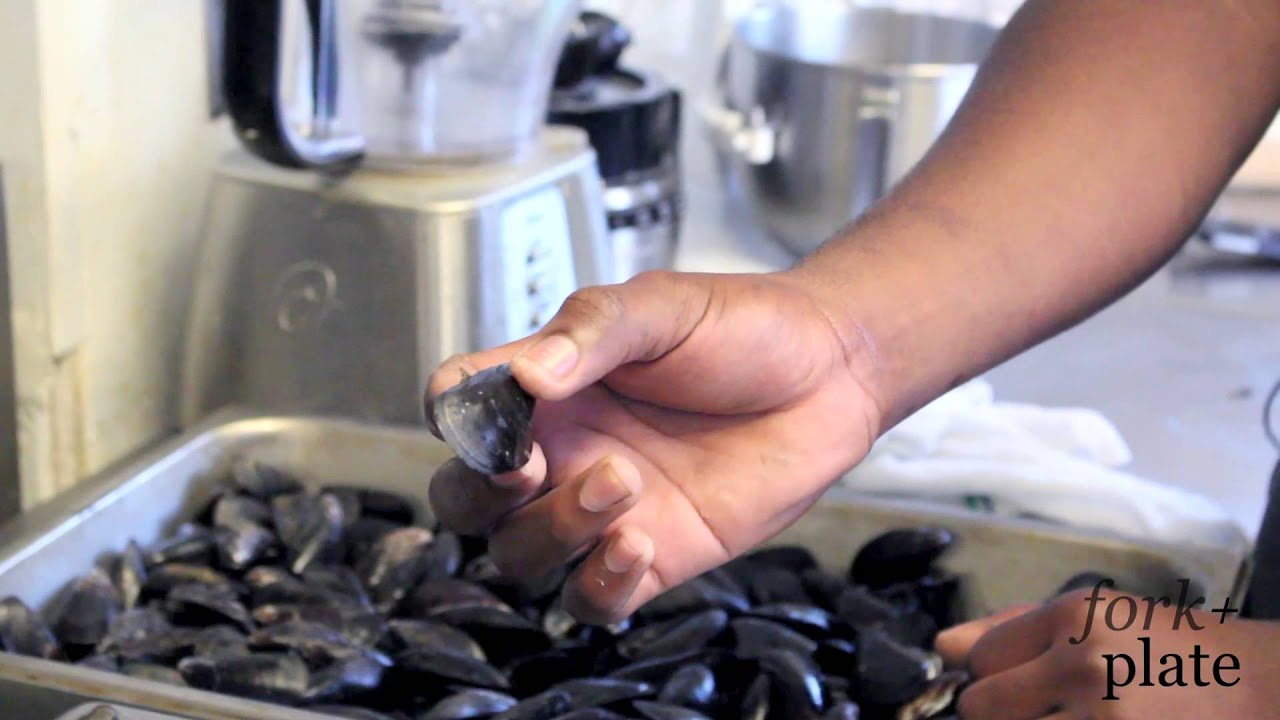
How to Effectively Time Travel: Discover Modern Techniques for 2025
As we traverse into the future, the allure of time travel remains a profound fascination across cultures and generations. What if one could step within a time machine to journey to the distant past or leap forward into a future yet unformed? The essential premise of time travel not only excites the imagination but also stirs scientific inquiry. With advancements in technology and ongoing debates surrounding time travel theories, we dive into intriguing concepts such as time dilation, wormholes, and parallel universes that could hold the keys to temporal explorations.
This article will guide you through the modern techniques and theories of time travel for 2025. Highlighting the key nuances of time travel, we will explore how these ideas manifest within popular culture, examine the ethical considerations, and discuss potential future implications. By the end of this journey, you will gain an understanding of how time travel is perceived in both scientific and fictional realms. Along the way, we will present images and connect to additional resources to broaden your perspective on this enthralling subject.
Understanding Time Travel: Key Concepts and Theories
Building on the fundamental ideas of time travel, it's essential to grasp the key theories that have been postulated over the years. Time travel is often framed within the context of Einstein's theories of relativity, which suggest that time is not a fixed entity but rather a dimension intertwined with space, known as spacetime. This concept opens up the door to several fascinating discussions around traveling through time.
Theories of Relativity Explained
Einstein's theory of relativity posits that time can be influenced by speed and gravity. When approaching the speed of light, time slows down, a phenomenon known as time dilation. This concept is foundational in our understanding of time travel potential since it implies that one could theoretically travel into the future by moving at incredibly fast speeds. Scientific evidence has echoed this theory through experiments with atomic clocks aboard fast-moving aircraft, where time dilation was visibly recorded.
Paradoxes of Time Travel
One of the intriguing aspects of time travel is the existence of time paradoxes. The Grandfather paradox, for example, poses a provocative question: What happens if a time traveler goes back and prevents their grandfather from meeting their grandmother? This scenario raises questions about causality and the integrity of timelines. The discussions around these paradoxes not only challenge our understanding but also hint towards potential solutions such as the multiverse theory, where multiple timelines exist simultaneously, preventing the paradox from occurring.
Temporal Mechanics and Their Applications
Temporal mechanics delve deeper into how time can be manipulated. Concepts such as wormholes—hypothetical bridges through spacetime—are explored as potential portals for traveling between different time periods. Although currently theoretical, scientists are actively researching whether traversable wormholes could exist within the fabric of our universe, based on the principles of general relativity. The implications of such discoveries could revolutionize our approach to time travel theories.
Future Technology and Its Role in Time Travel
As we look ahead, technologies for time-based explorations are evolving. Innovations within quantum physics and futuristic concepts may pave the way for practical time travel. While we are not there yet, ongoing research and experiments in time travel could significantly shape future society, making time travel no longer confined to mere science fiction but a tangible reality. Popular culture continues to inspire this pursuit, with cinematic classics like Back to the Future making time travel concepts accessible to everyone.
With these fundamentals explored, our next focus will shift to the ethical implications and historical accuracy surrounding time travel, a subject that adds depth to our understanding of this complex topic.
Ethical Considerations and Historical Accuracy
With the framework of time travel established, it is crucial to evaluate the ethical implications and historical accuracy often framed within time travel discussions. Engaging with this topic allows for a broader examination of how our potential actions in the past could impact the present and future.
Examining Ethical Dilemmas
The prospect of time travel raises significant ethical questions. Would it be right to alter historical events? For instance, preventing atrocities or changing pivotal moments in history may seem noble but also introduces significant risks to reality as we know it. The philosophy of time proposes that every choice creates alternate timelines—some agents of disaster and others of prosperity. The ethical debate surrounding these decisions is critical for society and emphasizes the need for responsible discussions around future time travel technology.
Accuracy of Historical Events in Time Travel
A significant component of time travel narratives involves the portrayal of historical events. It is vital to assess the accuracy of depicted events within both literature and film, as these representations shape societal perceptions of history. Works that emphasize historical accuracy can enhance understanding, yet those that indulge in creative liberties can misinform the public. The responsibility lies in presenting a nuanced view of history while addressing historical context in storytelling.
Philosophical Implications of Time Alteration
The philosophical implications of time alteration open a window to multifaceted discussions surrounding existence and identity. How might changing a past event affect subsequent generations? Such transformative possibilities lead to broad speculation about the ripples of our past actions on present realities and future potentialities. It prompts conversations about fate versus free will, and the nature of our interconnected timelines.
Following this ethical lens, let’s now shift our focus to how modern science is exploring the nuances of time travel more deeply, including experimental pursuits and advances in technology.
Modern Science and Experiments in Time Travel
Connected to our previous discussions on theoretical aspects and implications, a significant focus now lies on how the scientific community is engaging with time travel through experimental research and technology development. This facet showcases practical approaches to the theories we have discussed thus far.
Contemporary Experiments Exploring Time Physics
Modern science has embarked on numerous experiments aiming to understand the dynamics of time. Quantum entanglement experiments have shown particles can influence each other's states instantaneously over distances, igniting queries about how far this principle could extend to the realm of time. Furthermore, scientists have been investigating black holes and wormholes through data collected from the Event Horizon Telescope, offering insights into spacetime mechanisms that might enable temporal displacement.
Technological Advancements Supporting Time Travel Theories
Technological advancements are paving the way for breakthroughs in temporal studies. Innovations such as particle accelerators allow researchers to simulate high-energy collisions, potentially mimicking conditions relevant to time travel theories. Additionally, advancements in artificial intelligence are providing deeper insights into the patterns of time and forecasting future technological developments, which may contribute to practical time travel solutions.
Incorporating Time-Travel Tourism into Future Society
With the possibility of time travel shifted to the forefront, the concept of time-travel tourism emerges as an intriguing avenue. It sparks conversations about how society may evolve to accommodate temporal explorers. Will historical events become attractions? Or will they serve as learning opportunities? Such imaginings not only reflect public fascination but also highlight the need for responsible guardianship of both history and technology.
Having equipped you with a view of modern scientific endeavors, our next discussion will encompass the cultural perceptions of time travel and how these narratives influence public opinion.
Cultural Perceptions and Time Travel in Popular Culture
With a firm grasp on scientific theories and ethical considerations, it is essential to unpack how cultural perceptions of time travel shape our understanding and expectations of this fascinating subject. Stories of time travel permeate literature, movies, and television, showcasing the complexity of this theme in articulation.
The Influence of Time Travel in Literature and Film
Literature and film have long portrayed time travel, offering various interpretations and implications. Works such as H.G. Wells' The Time Machine and the cinematic classic Back to the Future have left indelible marks on public perceptions of what time travel could entail. These narratives often blend imaginative scenarios and urgent ethical questions, prompting viewers and readers to reflect on existing timelines while exploring fantastical alternatives.
Comparative Analysis of Fiction vs Reality
The exploration of time travel frequently raises questions surrounding fiction versus reality. While modern physics presents aspirational theories for tangible time travel, the representations in popular culture often focus on the narrative structure rather than scientific accuracy. This disconnect can lead to misconceptions and unrealistic expectations surrounding the possibilities of time travel, emphasizing the need for critical engagement with media portrayals.
Time Travel's Role in Shaping Social Imagination
Time travel stories play a significant role in shaping social imagination, urging society to explore possibilities constrained only by the limits of creativity. By examining historical events through the lens of fictional narratives, we create dialogues surrounding cultural anxieties, aspirations, and philosophical questions. This not only expands public curiosity about the nature of time but also fosters discussions on the technological implications of temporal manipulation.
As we conclude this exploration of cultural perceptions, let's address common inquiries about time travel in our Q&A section. This will provide an inclusive look into public fascination and understanding surrounding the subject.
Q&A: Common Questions About Time Travel
Can We Time Travel?
Time travel is a complex subject that intertwines science, philosophy, and imagination. Currently, while scientific theories suggest potential pathways for time travel, no practical operational time machine exists in reality. Recent advancements in quantum physics and relativity offer insights, yet the tangible act of time travel remains in the realm of speculation and future research.
What Are Time Loops and Time Paradoxes?
Time loops refer to cyclical timelines where individuals repeat a set period; these are often fictional constructs but raise profound questions regarding causality. Time paradoxes illustrate scenarios wherein a time traveler alters past events, creating inconsistencies in timelines, such as the well-known Grandfather paradox. Such concepts invite intricate philosophical and scientific debates about the stability of timelines and the nature of reality.
How Does Time Dilation Work?
Time dilation is an effect described by Einstein’s relativity theories, establishing that time travels at different rates depending on velocity and gravitational fields. For instance, an astronaut moving at speeds close to the speed of light would experience time more slowly than those on Earth. This principle highlights how time is experienced differently based on various conditions.
What Ethical Issues Surround Time Travel?
Ethical issues emerge around the potential consequences of altering historical moments. Many argue that interference with time could lead to unintended repercussions, highlighting the moral obligation tied to responsible time travel. Societal implications urge researchers and potential time travelers to tread cautiously when engaging with historical events.
Through this journey, we have traversed theoretical, ethical, and cultural aspects of the enchanting concept of time travel. The existing discourse reveals that while we live in an era of scientific exploration, the magical realm of time remains vast and rich with possibilities.
For an engaging visual representation of time travel concepts, check out the image below:

For further reading on time travel theories and their implications, visit this link and explore an extensive range of resources. With an eye on the future, the inquiries surrounding time manipulation are only set to expand, pushing the boundaries of our understanding of reality.

Time travel remains more than just a concept of science fiction; it engages us in deep philosophical questions about existence and our collective experience across time. As we advance into a future filled with technological possibilities, our explorations of temporal mechanics remain a small but significant piece of the ever-puzzling fabric of the universe.
Explore more on technological advancements and ecological implications linked to time travel through this resource: link. As our understanding evolves, so too will our narratives, ambitions, and aspirations around time travel.